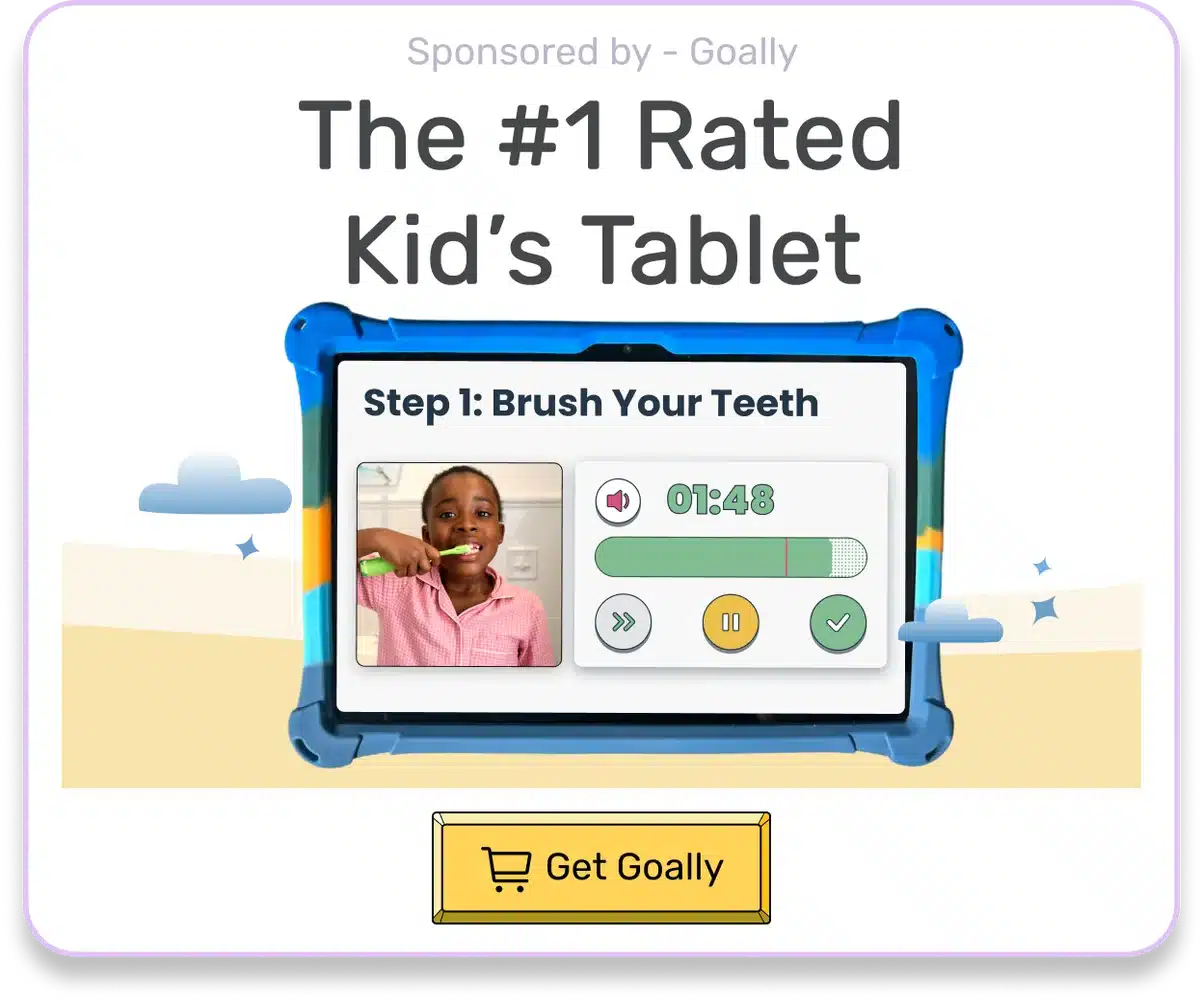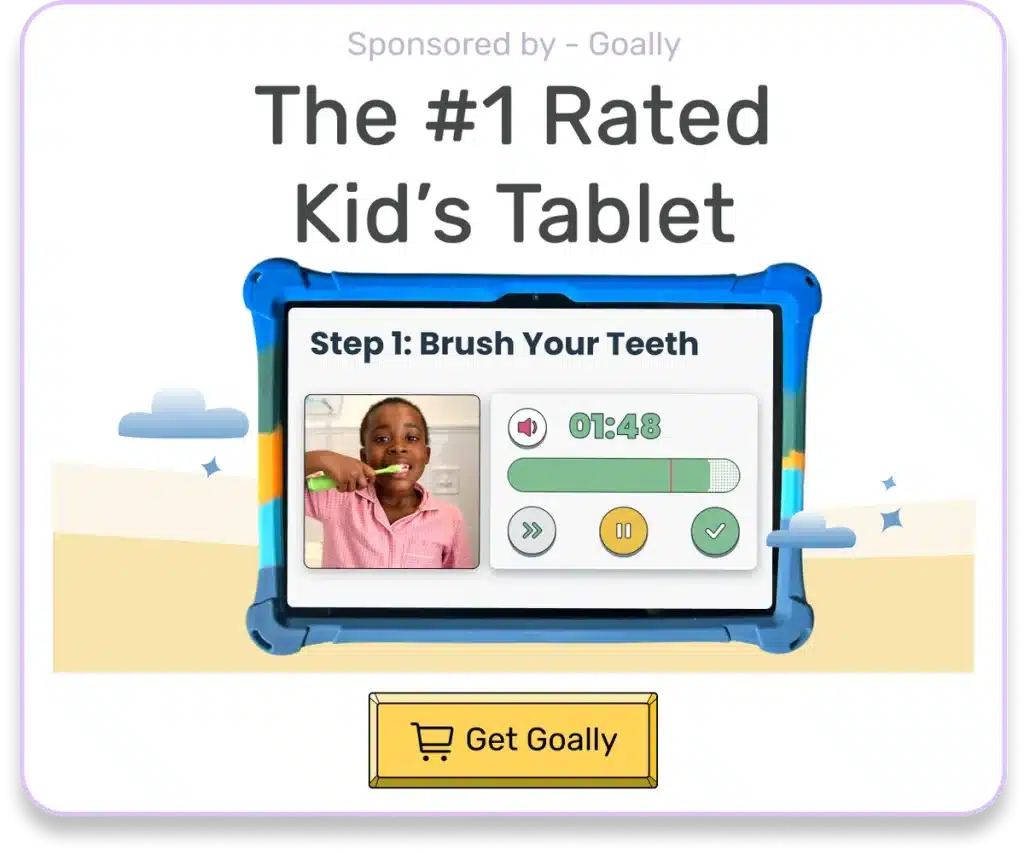Sensory processing issues are typically prevalent for people with ADHD, and roughly 12% of children have ADHD. Many parents wonder, what does sensory overload feel like for someone with ADHD? By understanding sensory overload, you can better support your kiddo and help them manage symptoms. This article will cover what it’s like to experience sensory overload and its causes.
Table of Contents
What Is Sensory Overload?
So, you’re still curious about the nitty-gritty of sensory overload, huh? Think of it like this: our five senses are like volume knobs; sometimes, life cranks them up to eleven. Now, anyone can get overwhelmed by this, but kids with ADHD or other sensory issues are especially prone. They might react in ways that seem, well, out of proportion. We’re talking either significant, dramatic reactions, barely any reaction, or even reactions that seem oddly timed. And just like it takes a while to calm down from a sugar rush, dialing those senses back to a manageable level isn’t instant. It’s a process, and knowing what’s going on can help you be the guide your kiddo needs to reset those volume knobs.
Read more: Sensory Processing Disorder or Autism?
ADHD Sensory Overload
When people with ADHD experience sensory overload, they may display varying symptoms. The main symptom is becoming overwhelmed to the point that it becomes impossible to focus. Other sensory overload symptoms include irritability, restlessness, anxiety, difficulty sleeping, panic attacks, or avoidance of certain places.
Goally | The Safest Tablet for Kids

You’re curious about how sensory overload manifests itself in a child with ADHD, possibly your own. Visualize a snow globe with endless swirling thoughts and feelings, in perpetual motion. That’s essentially what a child with ADHD experiences during a sensory overload. They might shield their eyes or cover their ears, or even appear overly stressed or hyperactive. However, this isn’t intentional defiance; their developing brains are essentially crying out, “It’s too much!” Understanding these indicators enables you to step in, like the dedicated parent you are, to provide the necessary coping mechanisms and strategies. Believe me, a little empathy can drastically help make their stormy snow globe world a bit more navigable.

Read more: Goally's TV App
ADHD Sensory Overload Causes
The main cause of sensory overload for people with ADHD is the way their brain processes information. People with ADHD struggle to process a lot of sensory input at once. The brain can’t understand what to process and focus on first which leaves them feeling stuck in a state of paralysis or becoming overwhelmed.
People with ADHD may be sensitive to particular types of light, such as fluorescent bulbs, flashing lights or different textures like certain fabrics or clothing tags. Physical contact can also trigger some people, especially if unexpected. Many people with ADHD are especially sensitive to sound stimuli. Many conversations happening all at once, or lots of loud noises can be a source of sensory overload.
| Sensory Overload Triggers for People with ADHD | |
|---|---|
| Light Sensitivity | Fluorescent bulbs, flashing lights |
| Texture Sensitivity | Certain fabrics, clothing tags |
| Physical Contact | Can be a trigger, especially if unexpected |
| Sound Sensitivity | Multiple conversations, loud noises |
How to Cope
Although it can be challenging to deal with sensory overload, there are several coping techniques. A combination of therapy and management skills can usually help people process environmental stimuli more effectively. The most common and well-known treatment is sensory integration therapy, where they use different methods to acclimatize people to sensory input.

Read More: How to Stop Meltdowns in Public Places
Therapists may use massage, sound therapy, or lighting equipment as well as advise the best environmental changes to reduce overwhelming stimuli. This could include things like creating a quiet space or teaching meditation practices to use in places where they have less control over the environment. For children, in particular, teaching them language to express their feelings is key. Helping kids vocalize emotions can help them identify their triggers to avoid overload.
Try Goally For Your Child With ADHD
Goally helps kids with ADHD stay focused and build skills. Unlike a Kindle or an iPad that kids get easily distracted on, Goally has no YouTube, no social media, no web browser, and especially no ads.
Goally uses game play as a points-based motivator for your kiddo with ADHD and helps them learn emotional regulation skills. It’s simple to set up and has an expert-informed design.

What Does Sensory Overload Feel Like for Someone With ADHD?
Sensory overload can cause a great deal of anxiety and discomfort for people who encounter it on a daily basis. A combination of therapy and environmental changes can help people manage and reduce sensory overload. Give your child tools to practice sensory and emotional regulation and set them up for success in their day-to-day life. Try Goally on our distraction-free tablet to ensure your kiddo gets the most from our suite of therapy apps.
FAQ’s About Sensory Overload
What is sensory overload in children with ADHD? Sensory overload in children with ADHD refers to the overwhelming sensations they experience due to excessive inputs to their senses. What are the signs of sensory overload? Signs can include covering their eyes or ears, appearing overly stressed, or becoming very hyperactive. Why do children with ADHD experience sensory overload? Their developing brains are highly sensitive and may react intensely to multiple or strong sensory inputs. How can parents help their children cope with sensory overload? Parents can help by providing coping strategies such as visual schedules, emotional regulation apps, and rewards. How can understanding sensory overload impact a child's development? Understanding sensory overload and providing coping strategies can make navigating their world easier, aiding in their overall development.
This post was originally published on 11/22/2022. It was updated on 12/20/2023.

Goally
We help parents teach their kids life skills, like doing bedtime and morning independently. Backed by science, we incorporate evidence-based practices and expert-informed designs in all of our apps and content.






